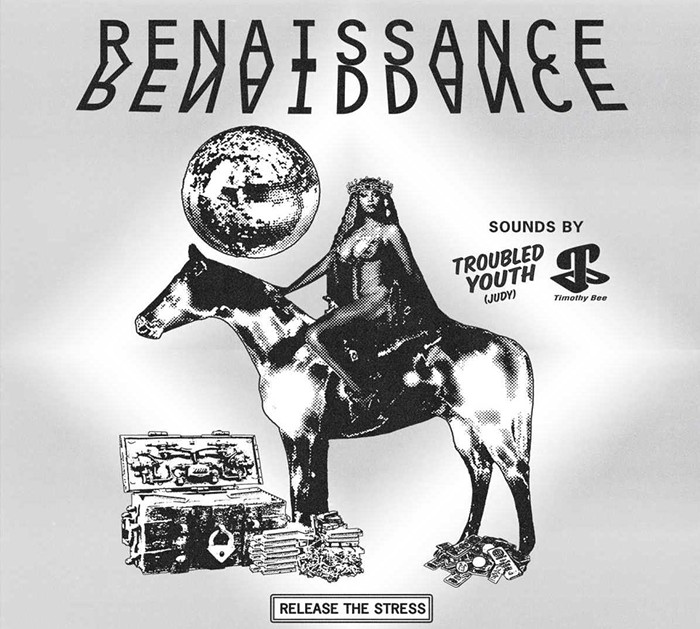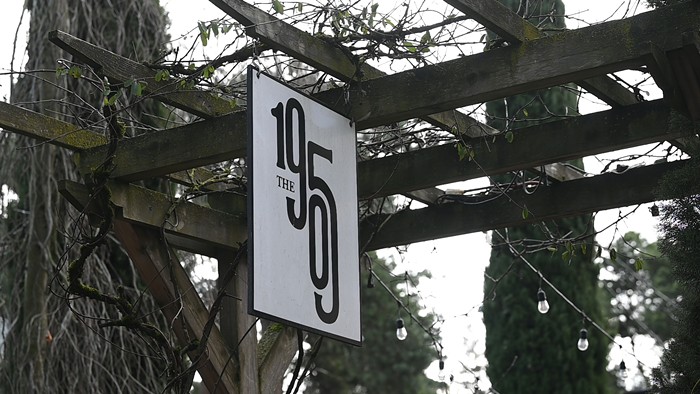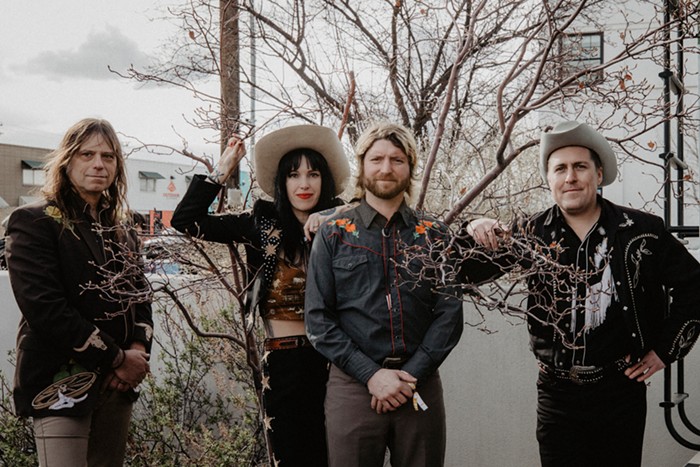IF A FEW THINGS had turned out differently, Ezza Rose might have been an actress—or a painter, or a dancer. Music was certainly not one of her ambitions when she enrolled at the American Musical and Dramatic Academy in Los Angeles.
"It was very strict: 8 am to 5 pm every day; you had to wear black," Rose says. "And I had a huge fear of singing in front of people [but it was part of the required curriculum]. So to get over that stage fright, I would pick up my sister's guitar and go to an open mic every night of the week and just play a random ditty that I made up like a couple days before. Just shaking in front of the microphone! Because I got into this school for dancing and acting—singing was not in my repertoire."
Forcing herself to perform effectively conquered her stage fright, but it wasn't until she turned her back on a promising acting career—Rose declined a role on a new show from the makers of General Hospital—that she considered music as a calling. Again, it wasn't her first instinct: "I came to Portland and was pursuing oil painting," says Rose. "I'd always done painting, and I was like, Portland's an artsy town and I just need to get away and move somewhere else, somewhere new, start over. I did an art show at a tiny coffee shop down in Sellwood and it went horribly. I was like, man, I don't know about this.
"Whenever I'm frustrated, I'll try to find a different creative avenue," Rose continues. "So I said maybe I'll just go to an open mic and play a couple songs like I used to do, and maybe that will make me feel better." Rose almost immediately found sympathetic audiences at open mic nights at the now-defunct Muddy Waters Coffeehouse and the White Eagle, and was soon offered an opening slot for a gig at Mississippi Studios. Things quickly progressed from there, and now Rose is releasing her second album, Jacob, a strikingly assured collection recorded over two whirlwind days at Type Foundry Studio.
Rose's early stage fright cannot be detected anywhere on Jacob, which displays her compelling, honey-rich voice through an impressive array of musical styles, such as the lightly traipsing waltz of "2%" and the laidback, banjo-flecked "Shakin' the Apple Tree." Elsewhere, the lilting swing of "Jamais Jamais" highlights the close harmony singing of cellist Aubrey Webber and violinist Ashley King.
Over its 10 songs, Jacob examines Rose's relationship and breakup with another musician. "I felt like the only way we were communicating at one point was through our songs, because we would listen to each other's stuff online, but we weren't talking," says Rose. "The person's name is not Jacob. But I wanted to use a strong male name to represent that character—just a strong male name that I really liked."
In some ways, Rose's songwriting mirrors her distinct evolution through different artistic disciplines. "It's like my mind is a closet of boxes and I like to put all of my thoughts and emotionally tied things into a box and put a date on them. Like, 'I'll worry about this [on] this day.' Put it in the closet, shut the door, and then pull it out when the date has come. And songs work amazingly for boxes," she says. "And I normally don't write in the winter, which is strange. It all comes out in the spring. It all just jumbles up, and then spring comes and I write a bunch of songs."



















